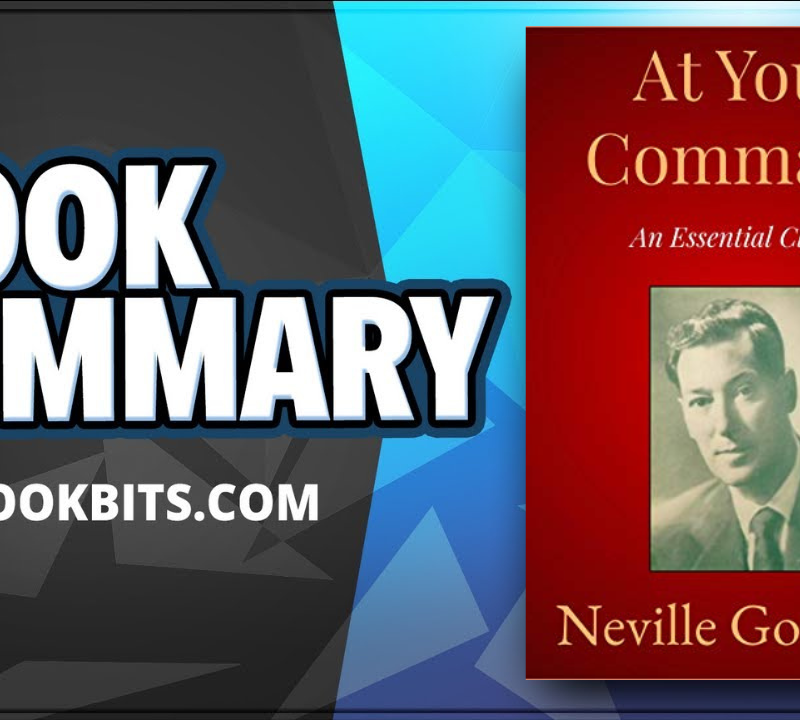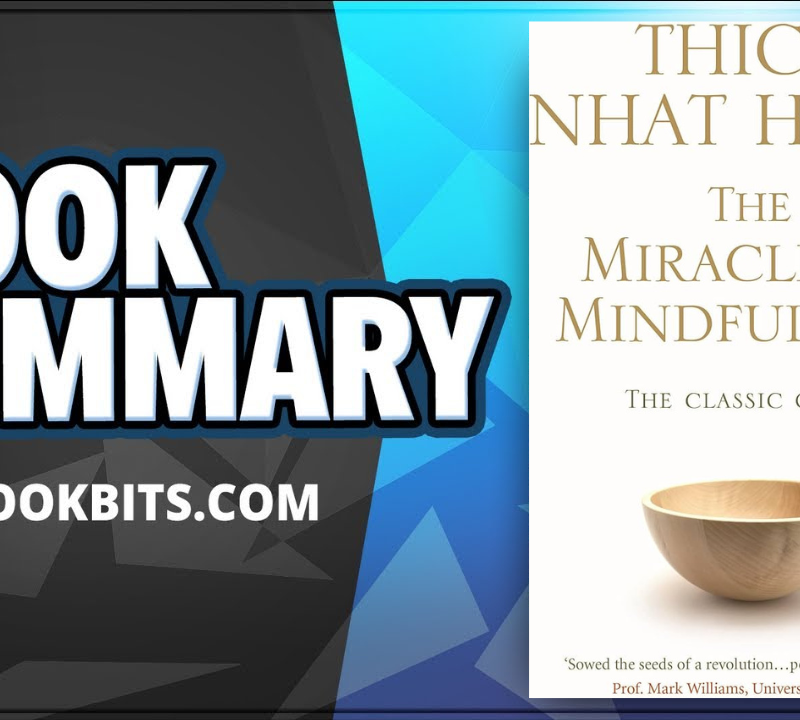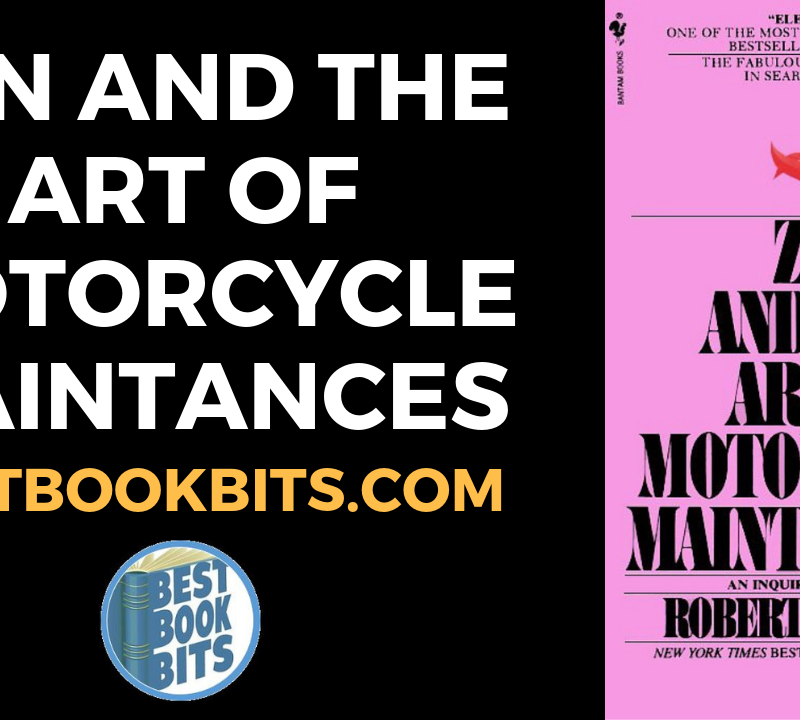< DOWNLOAD THIS SUMMARY IN PDF HERE >
< FOLLOW US HERE > |YouTube |Spotify | Instagram | Facebook | Newsletter | Website
How I Found Freedom in an Unfree World: A Handbook for Personal Liberty by Harry Browne
Harry Browne believed that a person’s happiness is the highest goal he/she can achieve in life. Freedom comes from living your life as you see fit. Happiness and freedom are attainable even if others remain unfree, and it’s never too late to change your life.
“If you’re not free now, it might be because you’ve been preoccupied with people or institutions that have restrained your freedom. I don’t expect you to stop worrying about them, merely because I suggest that you do. I do hope to show you, though, that those people and institutions are relatively powerless to stop you – once you decide how you will achieve your freedom. There are things you can do to be free, and if you turn your attention to those things, no one will stand in your way. But when you become preoccupied with those who are blocking you, you overlook the many alternatives you could use to bypass them. The freedom you seek is already available to you, but it has gone unnoticed.”
This book identifies life’s traps – unconscious thinking and habits that prevent people from being free – and explains in a language even a young person can understand how to escape these traps. It helps you navigate through life while being true to your beliefs while obtaining self-reliance, peace, freedom, prosperity, and happiness.
Many who have read or listened to this book believe it’s invaluable and should be required for every young person, so they can learn how to be free before others start to rule their life. Some believe it should be a required course in every high school, college, and university. Others believe every adult should try it. Still others claim it’s a must for all who seek freedom.
This book is educational and motivational, and even if you disagree with Browne’s philosophy, his logical and consistent thinking can lead you to inner discovery and profound perspectives. How I Found Freedom in an Unfree World is a book for personal liberty – one that can put you on a path to a freer and happier life.
The premise of the book is that we live in an unfree world, created by our beliefs and the environments we put ourselves in. Most of us strive for more freedom in our lives, and this book explains how you can get it, focusing on the psychological and lifestyle shifts you need to make to get there.
There are two main reasons you aren’t free:
You aren’t aware of all the options available to you
You’ve accepted certain assumptions that restrict your freedom
To become freer, you need to be more aware of your options and dispense with those bad assumptions.
The Traps
One big theme in for why you aren’t free is the “traps” that you put yourself in. Getting out of these mental traps is necessary for claiming your freedom.
Identity trap 1: The belief that you should be someone other than yourself
Identity trap 2: The assumption that others will do things the way you would. You can’t control others’ natures, but you can control how you deal with them.
Intellectual trap: That your emotions should conform to some preconceived standard. You’re in the Intellectual Trap if you let your intellect tell you what you should feel.
Emotional trap: The belief that you can make important decisions at a time when you’re feeling strong emotions. You can’t. You’re in the Emotional Trap if you let your emotions make important decisions for you.
Morality trap: The belief that you must conform to a moral code created by someone else.
Unselfishness trap: The belief that you must put others happiness above your own.
Group trap: The belief that you can accomlpish more by sharing with and involving others, instead of operating on your own.
Government trap 1: The belief that governments perform socially useful functions that deserve your support.
Government trap 2: The belief that you have a duty to obey laws.
Government trap 3: The belief that the government can be counted upon to carry out a social reform you favor.
Government trap 4: The fear that the government is so powerful that it can prevent you from being free.
Despair trap: The belief that other people can prevent you from being free.
Rights trap: The belief that your rights will make you free. You’re in the trap any time you count on anything other than an individual’s self-interest to cause him to give you what you want.
Utopia trap: The belief that you must create better conditions in society before you can be free. You can’t change the fate of a nation, but you can do a great deal to make sure you’re not affected adversely by it.
Burning-Issue trap: The belief that there are compelling social issues that require your participation.
Previous-Investment trap (sunk cost fallacy): The belief that time, effort, and money spent in the past must be considered when making a decision in the present.
Box trap: The assumption that the cost of getting out of a bad situation, any uncomfortable situation that restricts your freedom, is too great to consider.
Certainty trap: The urge to act as if your information were totally certain. You’re in the trap if you make decisions without recognizing the uncertainty of your assumptions and the risk that goes with that. There’s nothing shameful in acknowledging that you don’t have the answers to every question about life.
Direct Actions
One big theme of getting more freedom is taking direct actions and making “positive” choices. Focusing on what you can control, instead of what you can’t.
“A free person spends most of his time making positive decisions — choosing among attractive alternatives. Most people, however, spend most of their time making negative decisions — deciding which alternatives would be the least unpleasant, trying to keep things from getting worse.”
< DOWNLOAD THIS SUMMARY IN PDF HERE >
< FOLLOW US HERE > |YouTube |Spotify | Instagram | Facebook | Newsletter | Website
Boxes
Browne also focuses a lot on “boxes,” unpleasant situations that restrict your freedom, that you might be afraid to get out of.
They could be anyting: bad relationship, job, location, friendship. A big restriction of your freedom is the boxes you allow yourself to stay in, for fear of the work you must do to get out of them.
But there are two things to recognize:
You’re paying a price every day you remain in the box, and you need to get over the sunk cost that put you there.
There’s always a way out. You’ll have to pay a price, and that’s uncomfortable, but it’s better than continuing to pay the price of staying in the box.
One habit he suggests getting into is to always look at the price to get out of a bad situation. Ignore your annoyance and frustration, look at what you have to do to get out of the situation. There’s always a price to get out of it. And the sooner you pay the price, the less it costs you.
Then look at your life, and ask yourself, what could you do today that would give you more freedom tomorrow? What boxes have you resigned yourself to?
How You Can Be Free
This is the second section of the book. I found some parts more relevant than others, so these are my assorted notes from it.
Don’t be false, or change yourself based on your environment. Consistent action is part of freedom, and conforming to others expectations is a form of giving up your freedom.
What you are is the most valuable asset you possess for finding others. And the best way to find those people is to advertise what you really are.
To make marriage and relationships work, each person should have their time alone, own friends, and own interests. The time spent together should be preserved for things you enjoy together so that every moment together is a joy rather than a burden.
If you feel imprisoned by your parents or relatives, it is you who must make the move to be free. No one else is going to bestow your freedom upon you.
Don’t overreact to a difficult relationship by destroying the good parts while trying to weed out the bad. Emphasize the good parts in discussions with the others. But make it clear that you won’t participate any longer in the bad parts.
You’re better off never worrying about small sums of money. “I see people who will spend hours (if not weeks) pondering a $15 expenditure. They feel they have to, because of their limited means. They never consider that their means are limited partly because of the time they waste over pennies.”
When you prove that you’re willing to be honest — no matter what the short- term consequences — others will accept your word more easily.
Living a Free Life
And this is the third section. More assorted notes.
Browne’s Rules for Life:
Never expect anyone to act from your knowledge, perspective, or objectives. Assume that his viewpoints will differ in some ways from yours.
Never make an important decision when your emotions are dominating your mind.
Never lie or appear to be something other than what you are — unless you’re sure that your life or the life of someone very important to you is literally at stake.
Never invest any resource (time, money, emotional involvement that you’re not prepared to lose.
Never take on a new responsibility, time commitment, or liability without recognizing what must be given up to accommodate it.
Always leave some free time in your schedule to take advantage of new opportunities as they arise. If there are no new opportunities during the period, the free time can always be used for pure pleasure.
Never use someone’s property in any way that he doesn’t approve of— unless your life or the life of someone very important to you is literally at stake.
Never focus your attention on anyone’s weaknesses — his temper, sloppiness, poor logic, dishonesty, whatever. Recognize these shortcomings, take them into consideration, but don’t waste your time complaining about them. Instead, pay attention to what your actions should be in order to deal with him.
Never quibble over a price you didn’t expect to pay. Pay it and move on to better things.
Never form a partnership (an agreement in which responsibilities or rewards will be shared) for any purpose.
Never become directly involved in violence unless it appears to be the only alternative to prevent more serious injury to yourself or to someone very important to you.
Never forsake your rules because of someone’s actions or opinions.
When you achieve freedom from the urge to control others, your life is truly your own — to make of it almost anything you might want.
< DOWNLOAD THIS SUMMARY IN PDF HERE >
< FOLLOW US HERE > |YouTube |Spotify | Instagram | Facebook | Newsletter | Website














